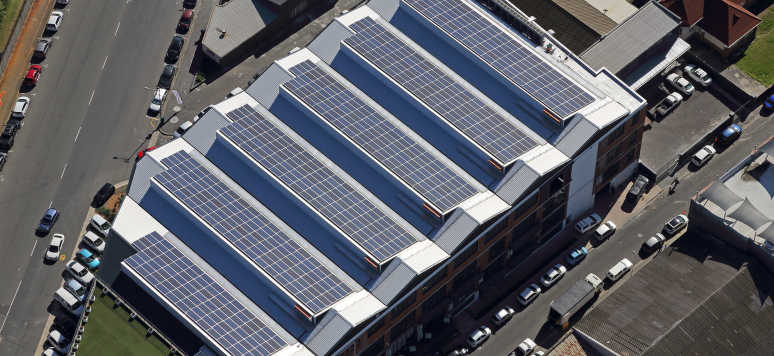Booming Decentralized Solar Power in Africa’s Cities. Satellite Imagery and Deep Learning Provide Cutting-Edge Data on Electrification

The market for decentralized solar systems first developed in rural Africa, and today it is expanding to the continent’s cities, though these areas are already covered by each country’s central network.

• Analysis of millions of satellite images in 14 cities in Sub-Saharan Africa shows that the decentralized solar capacity installed there is between 184 megawatts (MW) and 231 MW. This represents nearly 10% of the centralized solar capacity installed in the region (excluding South Africa). Extending this analysis to other African cities would very likely increase this estimate.
• People in high-income households are the most likely to adopt decentralized solar systems, regardless of the reliability of their power supply from centralized grids.
• The gradual empowerment of customers vis-à-vis the national power grid for their electricity consumption is thus a fundamental trend, that will not simply be curbed by improving the management and reliability of electricity supplies. Sub-Saharan Africa’s electricity sectors thus face an existential challenge as their most solvent customers adopt hybrid supply strategies.
Download the full analysis
This page contains only a summary of our work. If you would like to have access to all the information from our research on the subject, you can download the full version in PDF format.
Booming Decentralized Solar Power in Africa’s Cities. Satellite Imagery and Deep Learning Provide Cutting-Edge Data on Electrification








